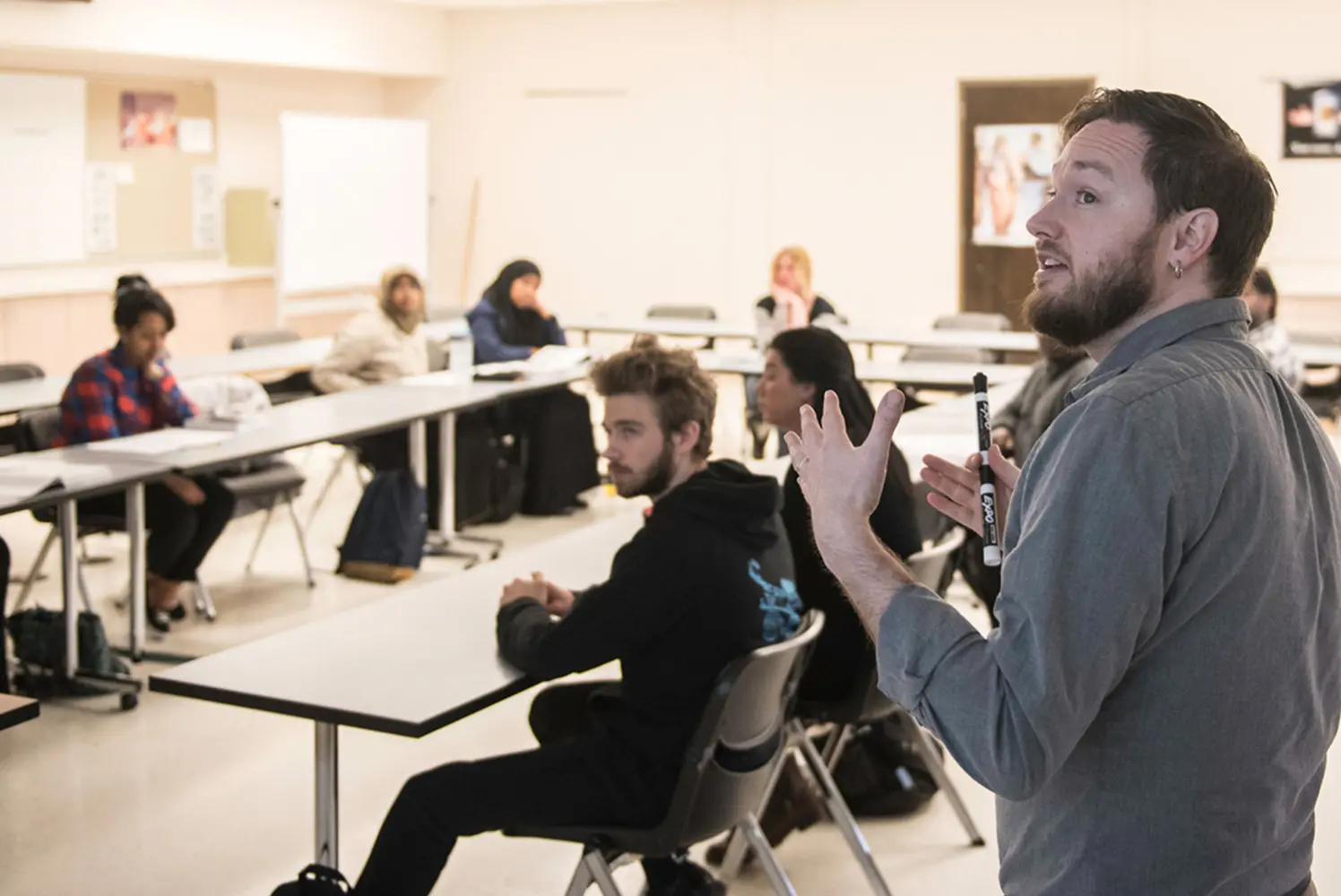Concentrate on the unique region we call home by learning about Minnesota’s rich history while also learning how to photograph our state. This learning community pairs HIST 1750: Minnesota History and ARTS 1713: Photography 1. It will establish your skills as a researcher, scholar, and artist while fulfilling Minnesota Transfer Goals 5, 6, and 10. You will have an opportunity for creative projects, field site visits, interviews, and an active appreciation for creative photography and Minnesota.
The courses in this learning community are co-requisites, which means you must register for BOTH courses in each section.
Section 30
Section 31




